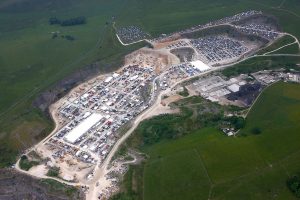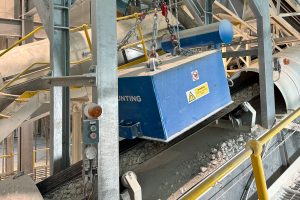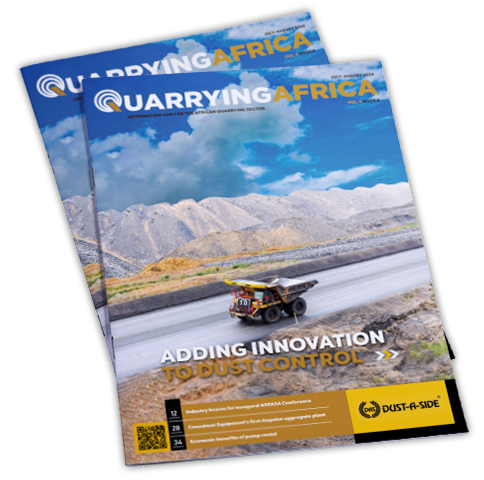As a vital aspect of environmental, social and governance (ESG) risk, water management should take priority for every mining operation. SRK Consulting highlights that the mining sector will increasingly need to report its water-related performance in terms of credible global standards.
According to SRK Consulting principal consultant Fiona Sutton, water stewardship is coming to the fore in ESG reporting – with ESG itself also still evolving a consistent framework that is broadly recognised by the investment community.
“In the most recent EY Global Institutional Investor Survey, for instance, it is argued that the reporting of ESG performance needs to be measured against a set of globally consistent standards – which could become a mandatory requirement,” says Sutton. “With water management ranked by EY as the number one ESG risk in mining, and with ESG itself being the top risk for the second year running, there is some urgency for mining companies to assess water risk in terms of a credible framework.”
She points out that water stewardship and biodiversity (the latter ranked eighth in EY’s 2023 risks) are fast becoming urgent priorities. Factors putting pressure on water resources include population growth, shifts toward more meat-based diets, climate change and other challenges. The world’s water is increasingly becoming degraded in quality, she explains, increasing the cost of treatment, and also threatening human and ecosystem health. Furthermore, the physical availability of freshwater resources does not guarantee that a safe, affordable water supply is available to all.
“The growing significance of water management within ESG strategy means that more rigorous reporting will be demanded by mining company stakeholders,” she says. “Better water reporting will also be necessary to access capital and to secure a license to operate.”
More detailed water management reporting will in turn require more trustworthy and useful ESG data, including information related to relevant financial and social impact risks.
“An effective response to these risks can be rooted in the concept of water stewardship, which provides a process for companies to work collaboratively with other partners to manage shared water resources,” she says. “In this way, water stewardship can be an important component to mitigating corporate water risk and facilitating business growth.”
SRK Consulting MD Andrew van Zyl, affirms the critical importance of water risk on the mining agenda – and the importance of global best practice tools like the International Water Stewardship Standard from the Alliance for Water Stewardship (AWS).
“Assurance is a key facet in increasing trust in the quality and accuracy of sustainability information,” says Van Zyl. “The AWS Standard offers a credible and globally applicable framework for major water users to understand their own water use and impacts with practical guidance on how to effectively manage these impacts.”
SRK associate partner and principal environmental geologist Lindsay Shand highlights the practical value of the AWS standard.
“The principles of water stewardship are drawn from high level environmental imperatives,” says Shand, “However, they also give water users a more practical framework from which to tackle their issues of water quantity and quality.”
Applying the International Water Stewardship Standard, explains Sutton, means a more effective evaluation of water use. It guides companies in disclosing aspects such as water governance, metrics, site risks, catchment risks, quality targets, strategies and performance.
“Another way that the AWS standard reinforces – rather than duplicates – existing systems and processes in mining companies, is that it aligns with other reporting frameworks that they might use,” she points out. “For example, on issues such as compliance, disclosure, stakeholder consultation, safety and health, this standard overlaps well with guidelines and standards from the International Council on Mining and Metals, the World Gold Council, the Global Reporting Initiative, the Global Industry Standard on Tailings Management and the Sustainability Accounting Standards Board – to name a few.”





![Data from the World Risk Poll shows that one in five (21%) people in mining and quarrying occupations have experienced harm at work in the past two years. [Photo by Shane McLendon on Unsplash]](https://quarryingafrica.com/wp-content/uploads/2024/10/shane-mclendon-89hUOLtVfoI-unsplash-300x225.jpg)
